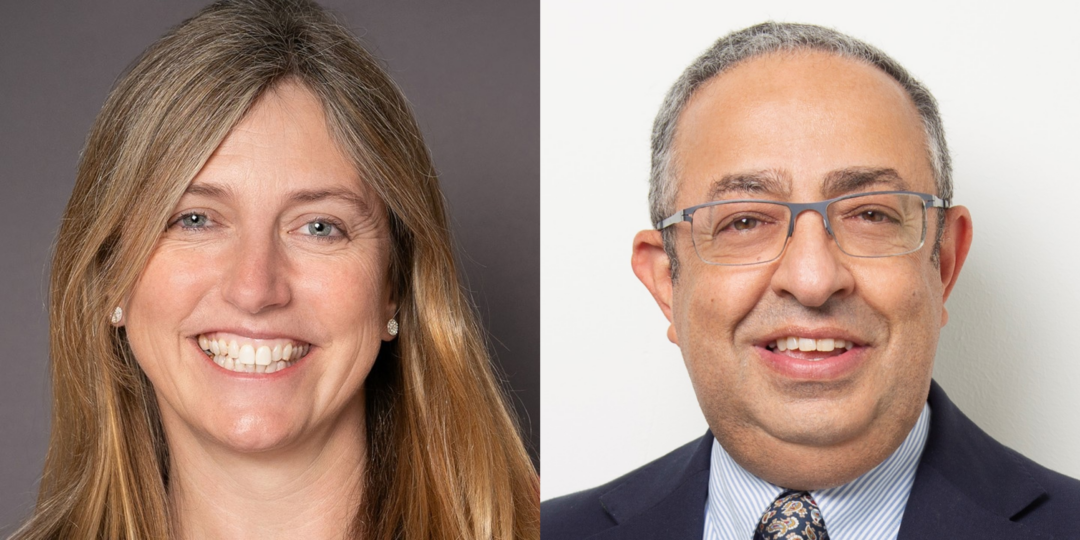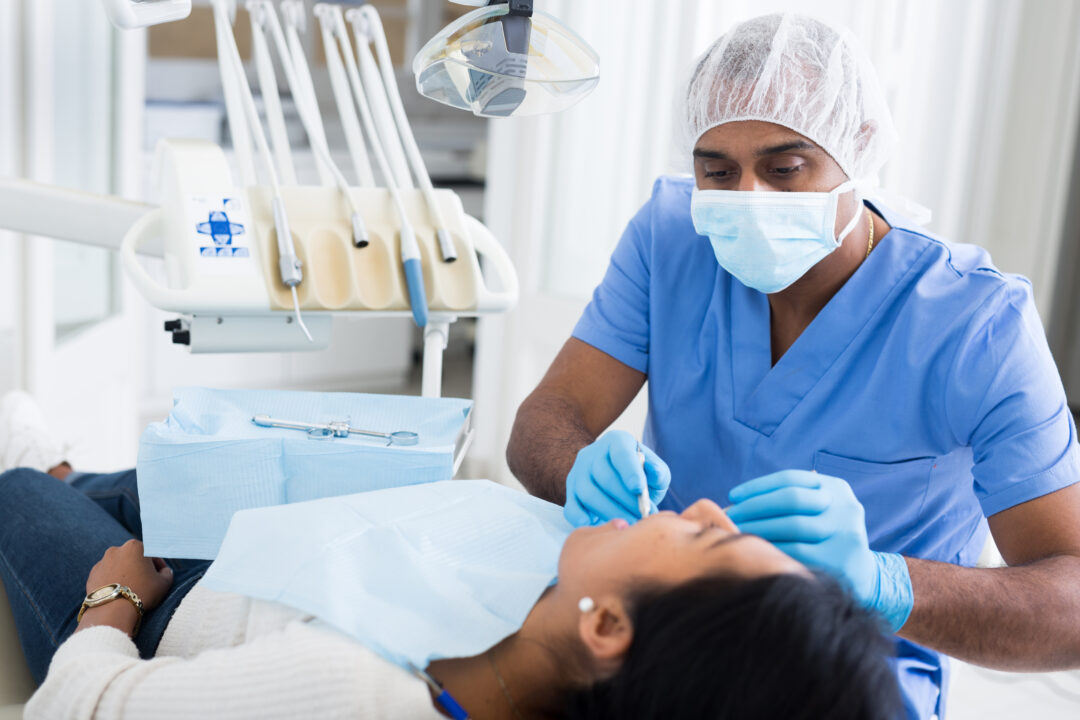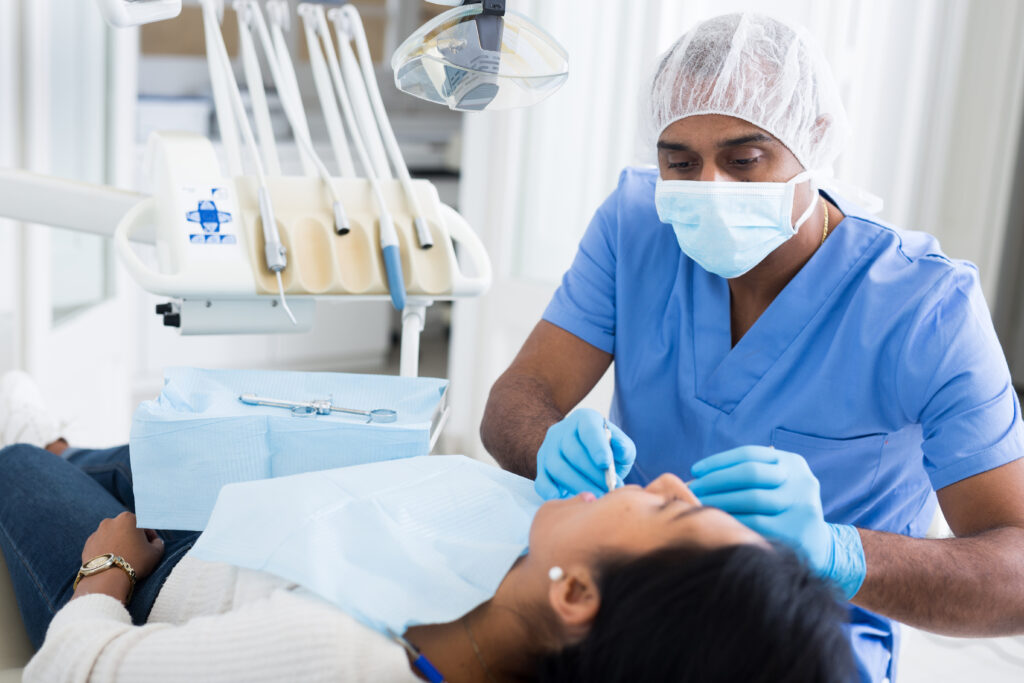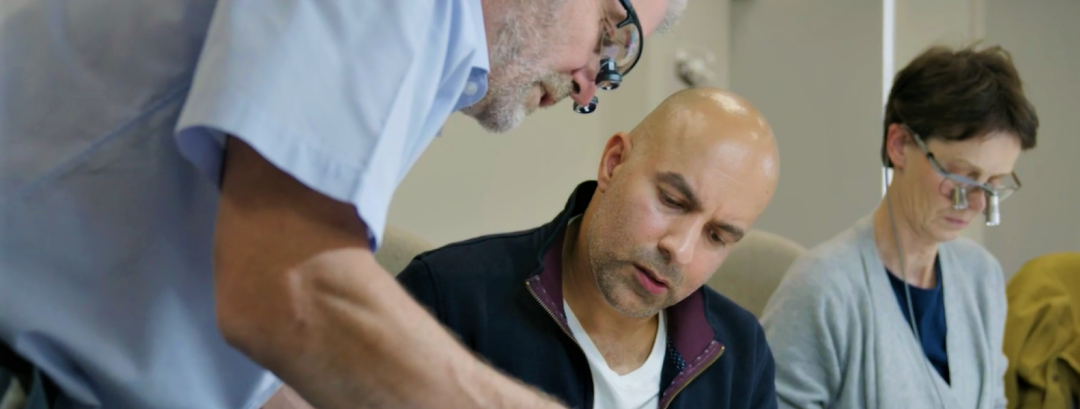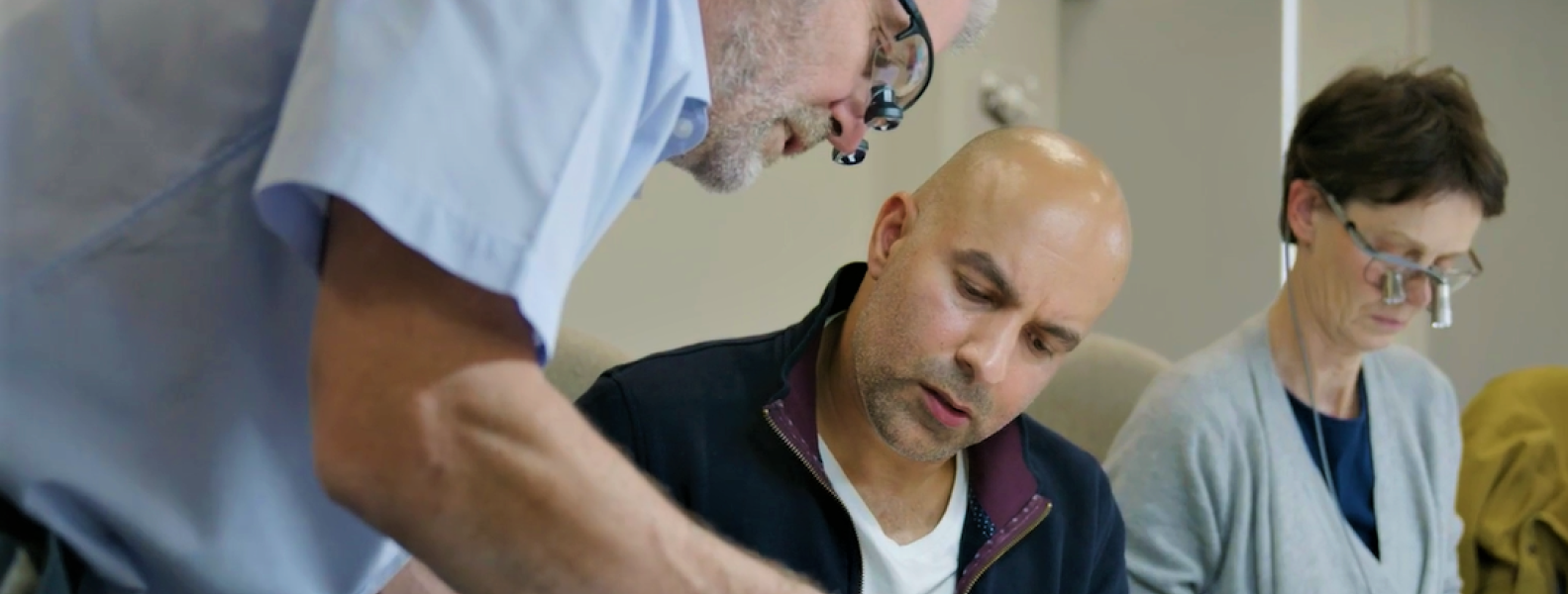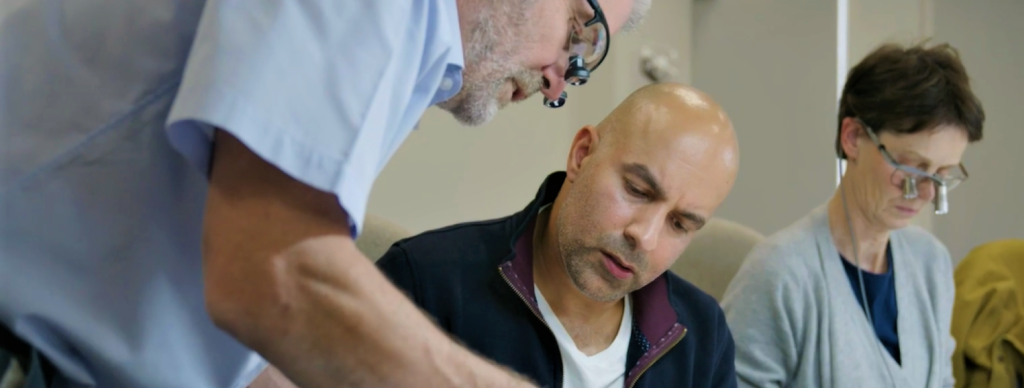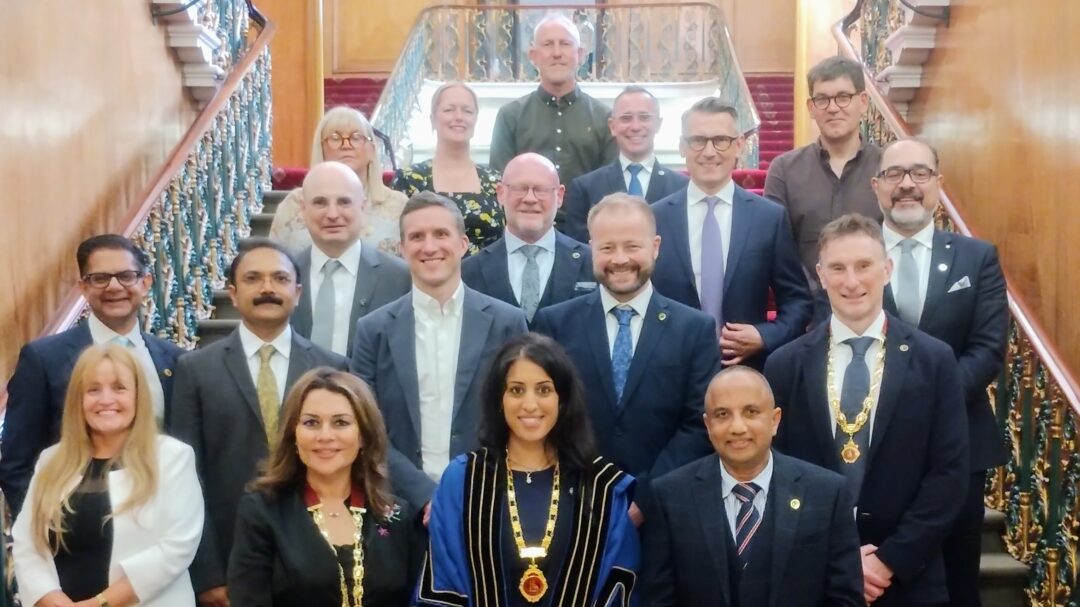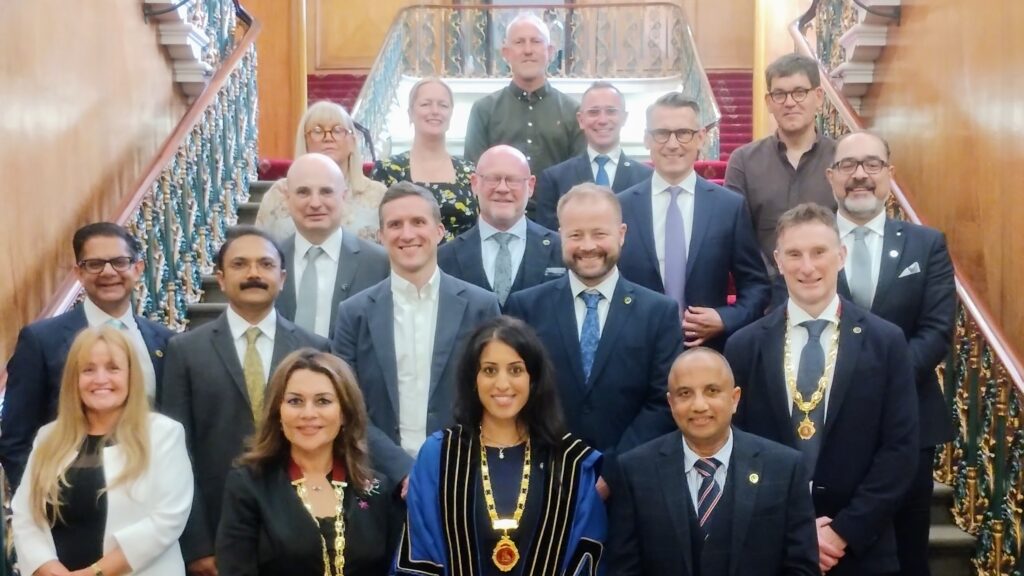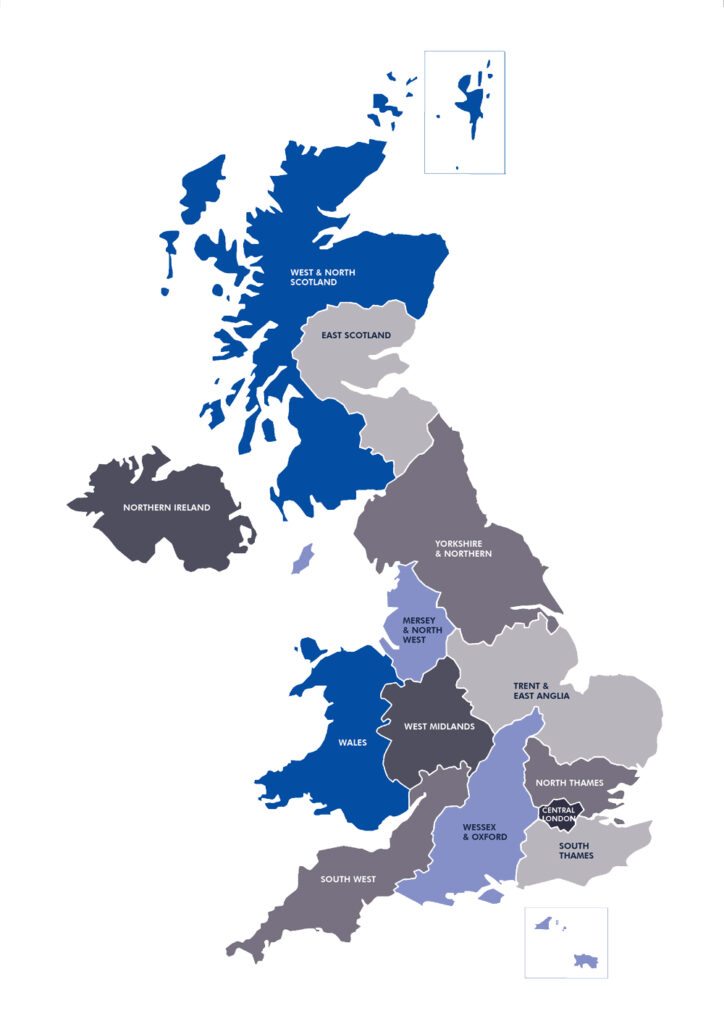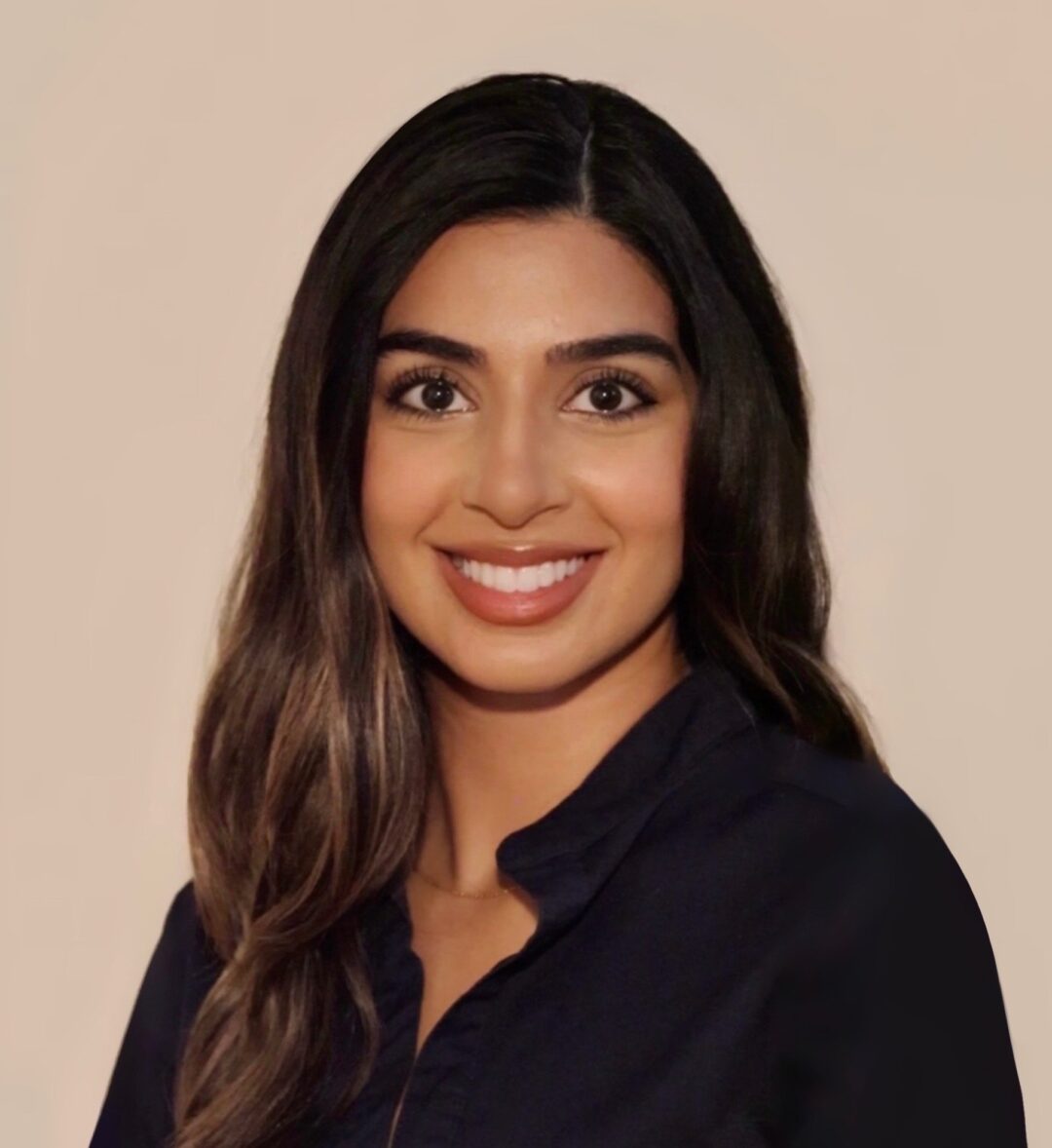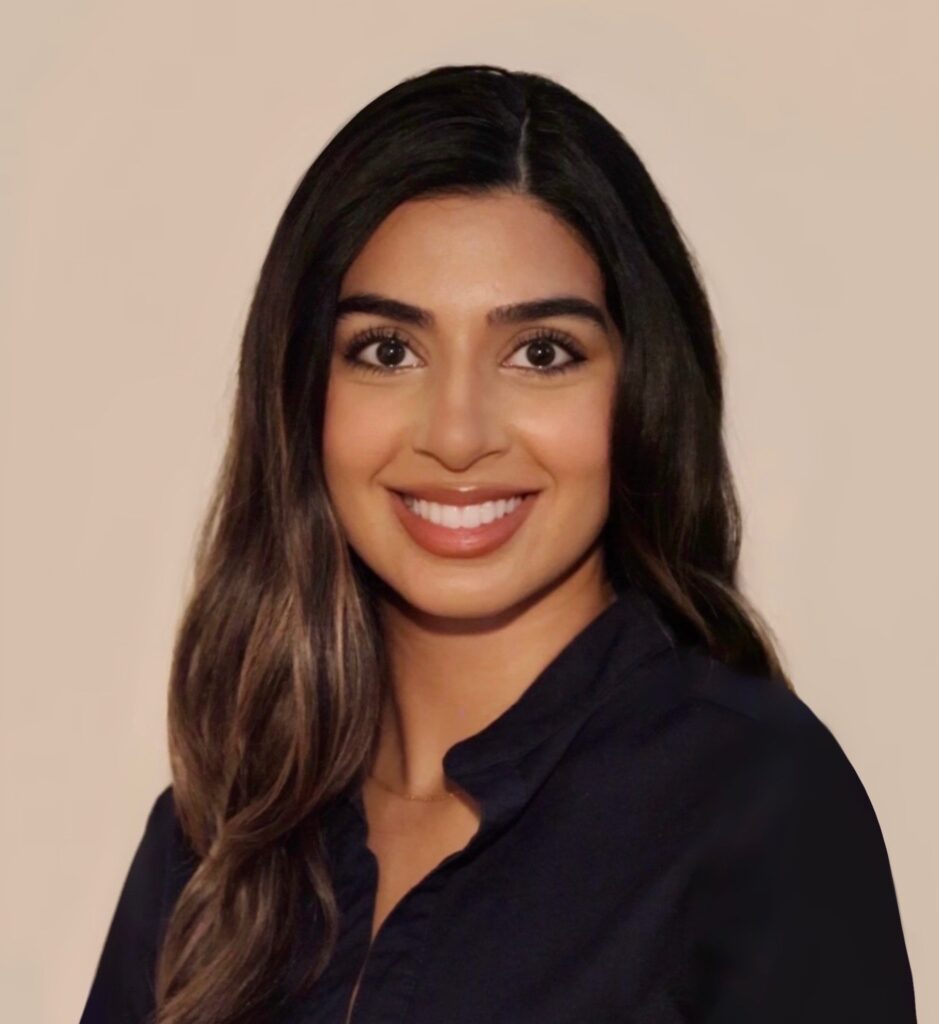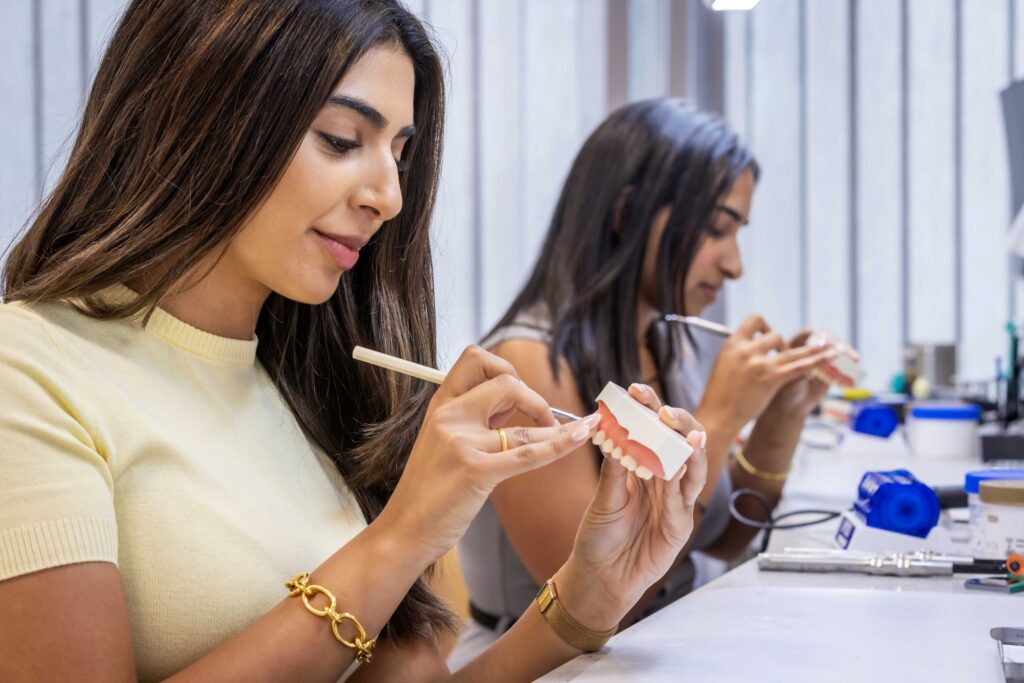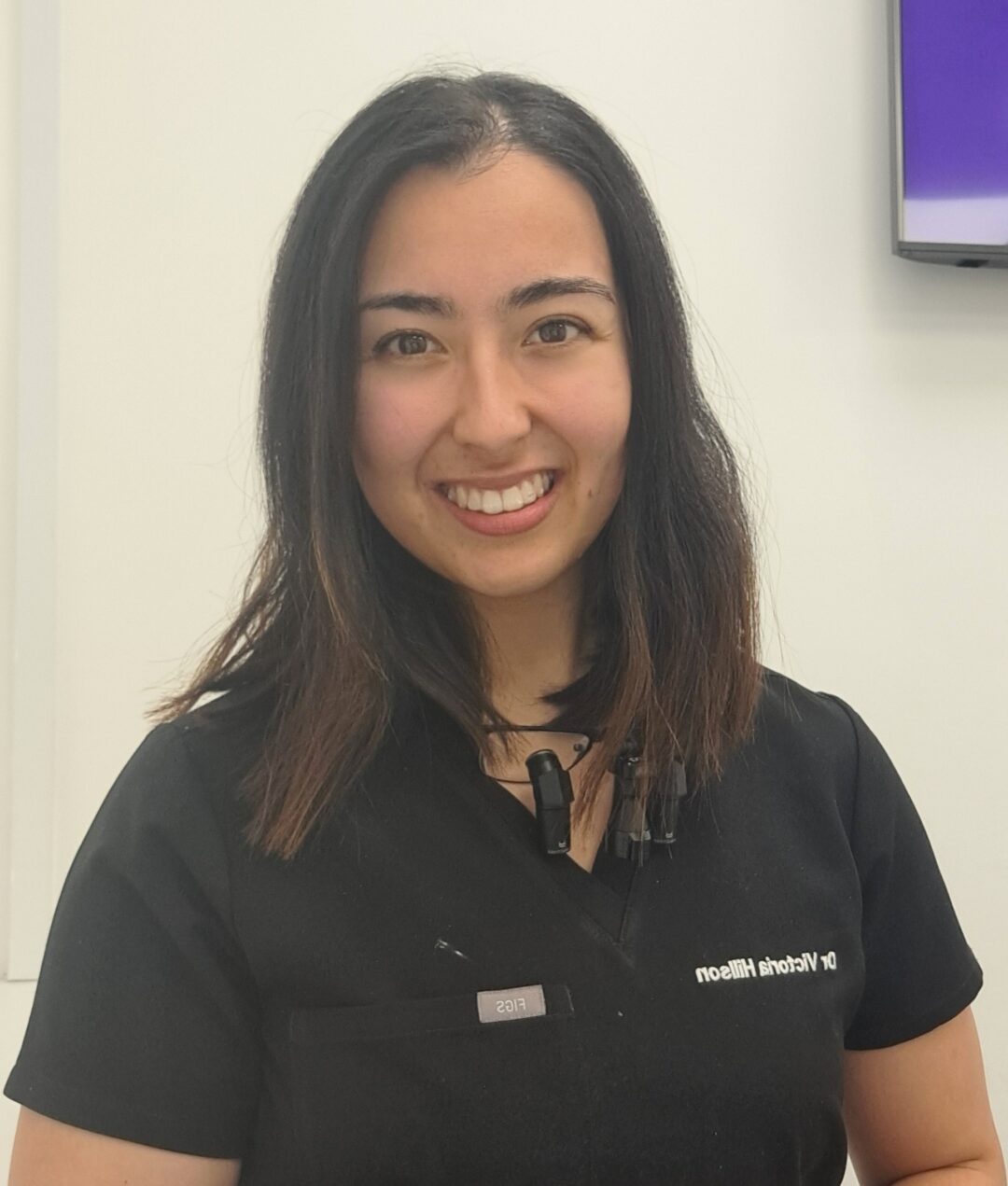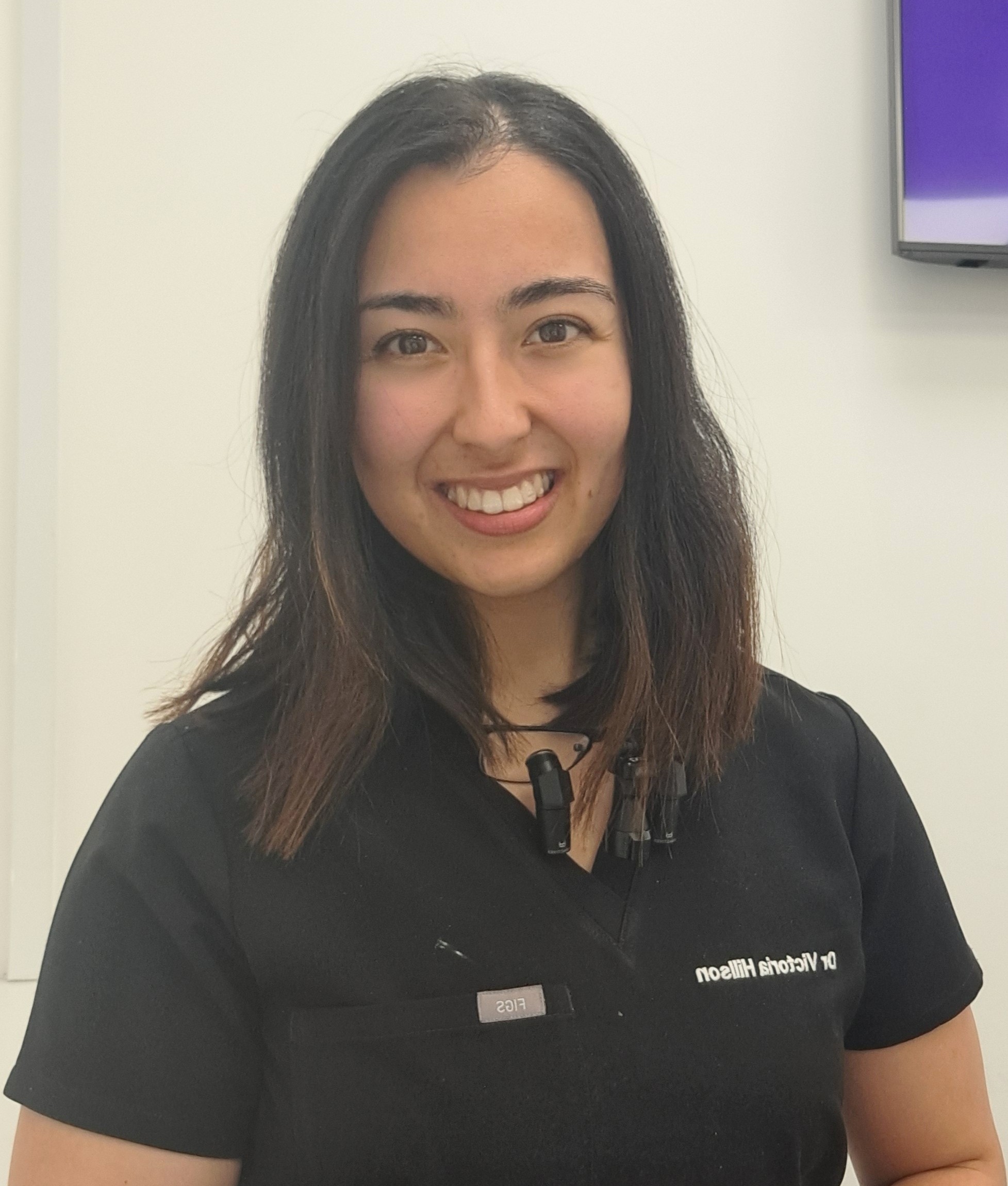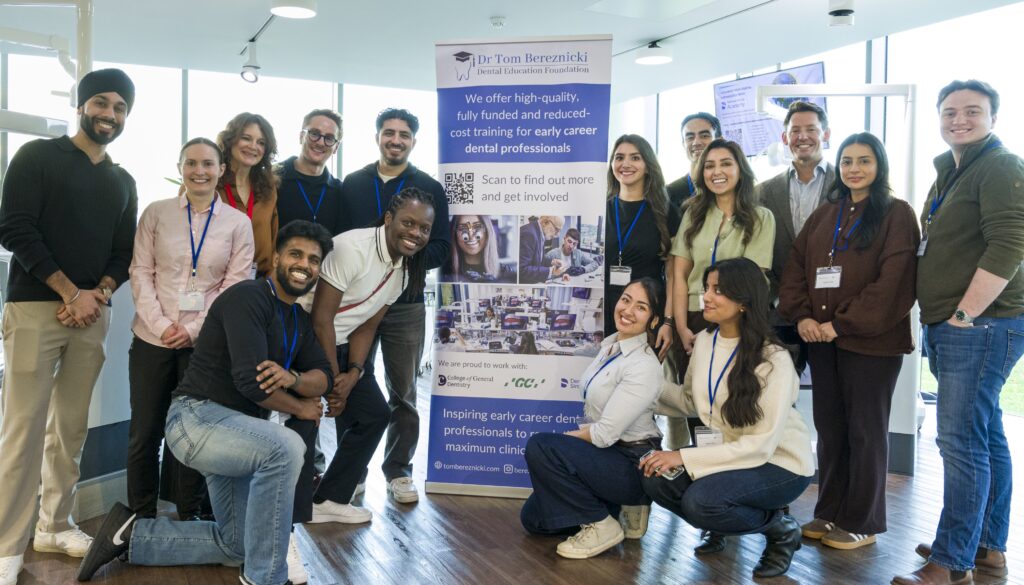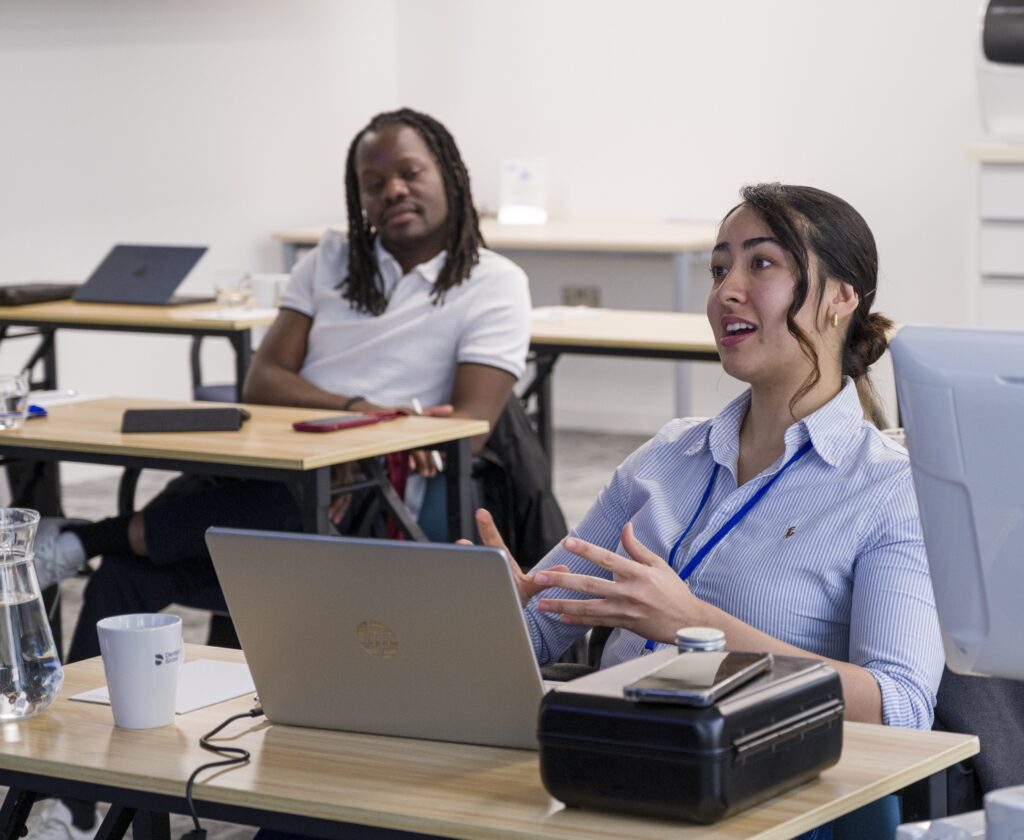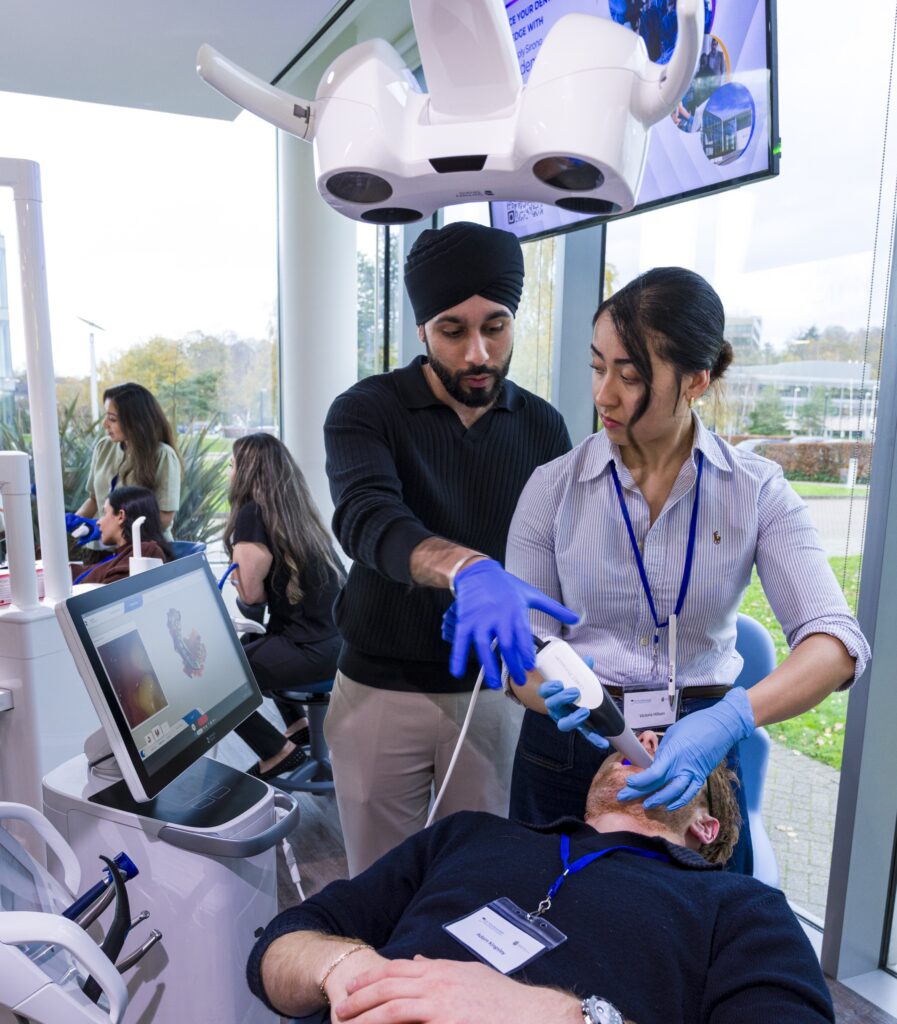The College has appointed Dr Catherine Rutland FCGDent and Professor Andrew Eder FCGDent to its Board of Trustees.
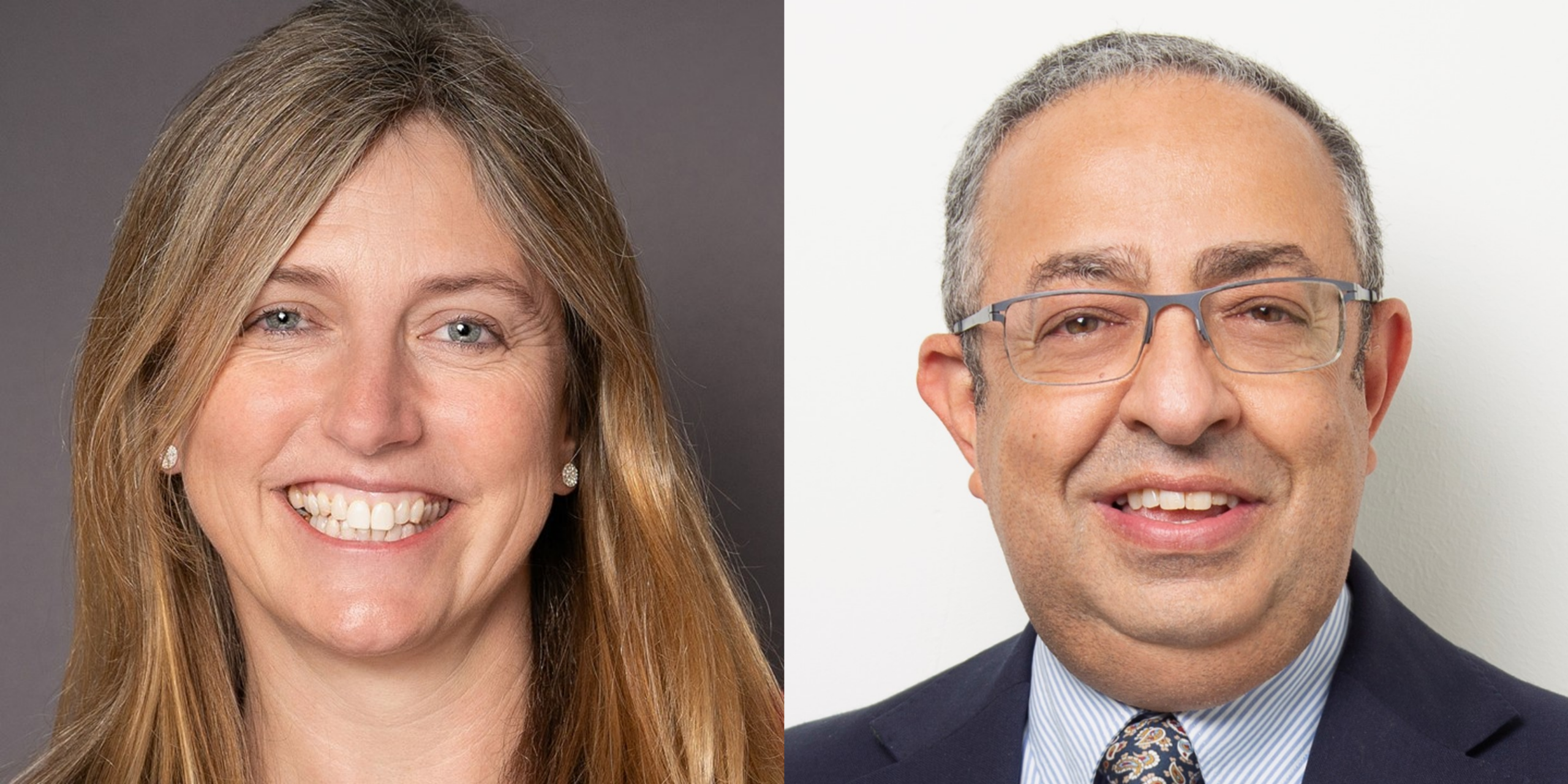
New members of the College’s Board of Trustees: Dr Catherine Rutland FCGDent (l) and Professor Andrew Eder FCGDent (r)
Dr Catherine Rutland FCGDent is Head of Policy at Dentaid, representing the dental charity across the profession and engaging with MPs, public health teams and commissioners. She is also Director of Policy and Clinical Affairs at The Association of Dental Groups, whose members work with over 22,000 registered dental professionals in treating over 10 million dental patients. Previously Clinical Director at Simplyhealth, including Denplan, she is part of the General Dental Council’s Dental Leadership Network.
After qualifying as a dentist in 1992 from the University of Leeds, where she achieved a Distinction in oral surgery, she spent two and a half years in secondary care as a House Officer at Leeds Dental Institute and Senior House Officer at Newcastle University Dental
Hospital before moving into general dental practice. She completed Vocational Training in Sunderland and spent a year there as an associate GDP before practising in Reading for three years. From 2000-2019, she was Principal Dental Surgeon and a joint partner at a private dental practice in Thatcham, West Berkshire. She joined Denplan as a Dental Advisor in 2010, and was later promoted to Senior Dental Advisor, Head of Professional Support Services and Head Dental Officer before working there full-time from 2019.
In 2013, she completed a Master’s degree in Medical Ethics and Law at King’s College London, writing her dissertation on whether both professional integrity and patient autonomy can be satisfied in fulfilling patients’ cosmetic dental desires. She became a Certified Member of the Institute of Risk Management in 2015 and was awarded a Chartered Management Institute Level 7 Certificate in Leadership Mentoring and Coaching in 2016. She became a Fellow of the College of General Dentistry in 2023, and in 2024 was a keynote speaker at the CGDent Scotland Annual Study Day, the College’s largest annual CPD event, lecturing on ethical and legal considerations in the provision of aesthetic and cosmetic dental procedures.
A Trustee of the Dentists’ Health Support Trust, which supports dentists facing mental health and addiction challenges, she also brings governance experience as a past Chair of the Clinical Governance Committee at Simplyhealth and of the Denplan Excel Board.
Professor Andrew Eder FCGDent has almost forty years’ experience of both NHS and private practice as a general dental practitioner and a specialist in restorative dentistry and prosthodontics. He graduated BDS from King’s College London in 1986 and is now the Specialist Engagement and Clinician Talent Lead at PortmanDentex, helping to build a supportive professional environment for clinicians and patients.
He is also Emeritus Professor of Restorative Dentistry and Dental Education at University College London’s Eastman Dental Institute, reflecting over three decades of commitment in a variety of roles, including developing Europe’s largest CPD centre for dental professionals during a decade as Director of Education.
He holds an MSc in Conservative Dentistry from UCL, the Diploma of Fellowship of the former Faculty of General Dental Practice UK, and the Membership in Restorative Dentistry jointly awarded by the Royal College of Surgeons of England (RCS) and the Royal College of Physicians and Surgeons of Glasgow. He is also a Fellow of the College of General Dentistry, the Royal Society of Medicine, the RCS Faculty of Dental Surgery (FDS) and the Higher Education Academy, and an Honorary Fellow of the Faculty of Dental Surgery of the Royal College of Surgeons of Edinburgh.
He is a past President of the British Society for Restorative Dentistry, the Odontological Section of the Royal Society of Medicine and the London group of the Alpha Omega International Dental Fraternity, and a longstanding member of the British Society for the Study of Prosthetic Dentistry and the British Dental Association. He is a former board member of the FDS, was Chair, now external examiner, of its restorative specialty membership examinations, and is a Specialist List Assessor for the General Dental Council.
He is the AI and digital innovation lead for the Faculty Dental Journal, was the British Dental Journal’s joint academic lead for CPD, is a past Chair of the editorial board of Premium Practice Dentistry, and has also been on the editorial boards of the European Journal of Restorative Dentistry and Prosthodontics, Private Dentistry and Dental Tribune. He has published over 100 peer-reviewed papers, co-edited textbooks on tooth wear and tooth surface loss and contributed to textbooks on special care dentistry and culturally sensitive oral healthcare.
He serves as Chair of Alpha Omega’s London Charitable Trust and brings significant governance experience from his tenure as Chair of Trustees of the Academy of Medical Royal Colleges.
Trustees, who serve three-year terms of office, are accountable for the fulfilment of the College’s legal and regulatory duties as a charity, and for ensuring the proper running of the organisation.
The other members of the Board of Trustees are Dr Mick Horton FCGDent (Chair and former FGDP Dean), Dr Onkar Dhanoya FCGDent (former FGDP Vice Dean), Dr Roy Bennett FCGDent (a dentist with a special interest in the care of anxious patients), governance specialist Jane Clarke, experienced CFO Neil Sawbridge and barrister Fred Thomson. Dental nurse Marie Parker FCGDent has stepped down from the Board after serving since 2023, and the new appointments increase the number of Trustees to eight.
Further information about the governance of the College is available here

